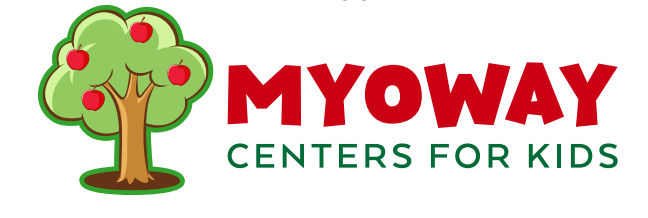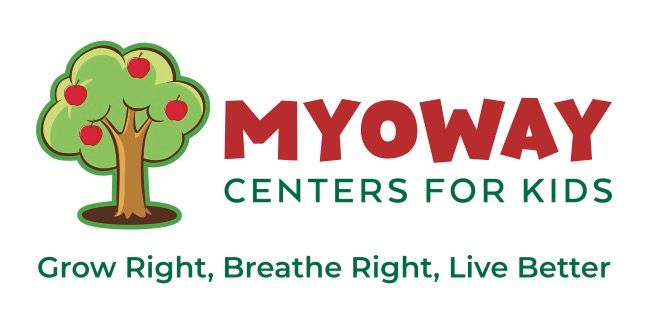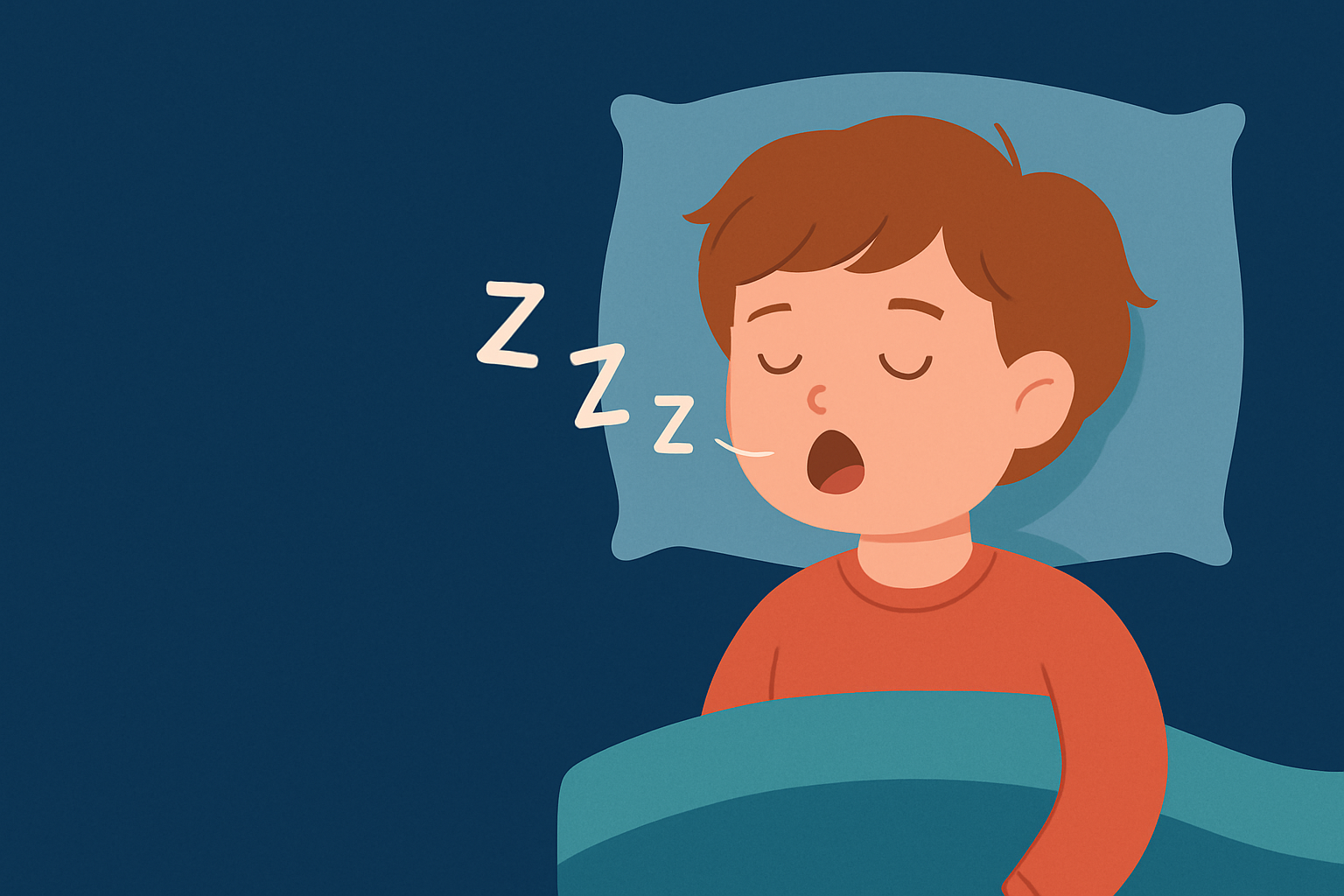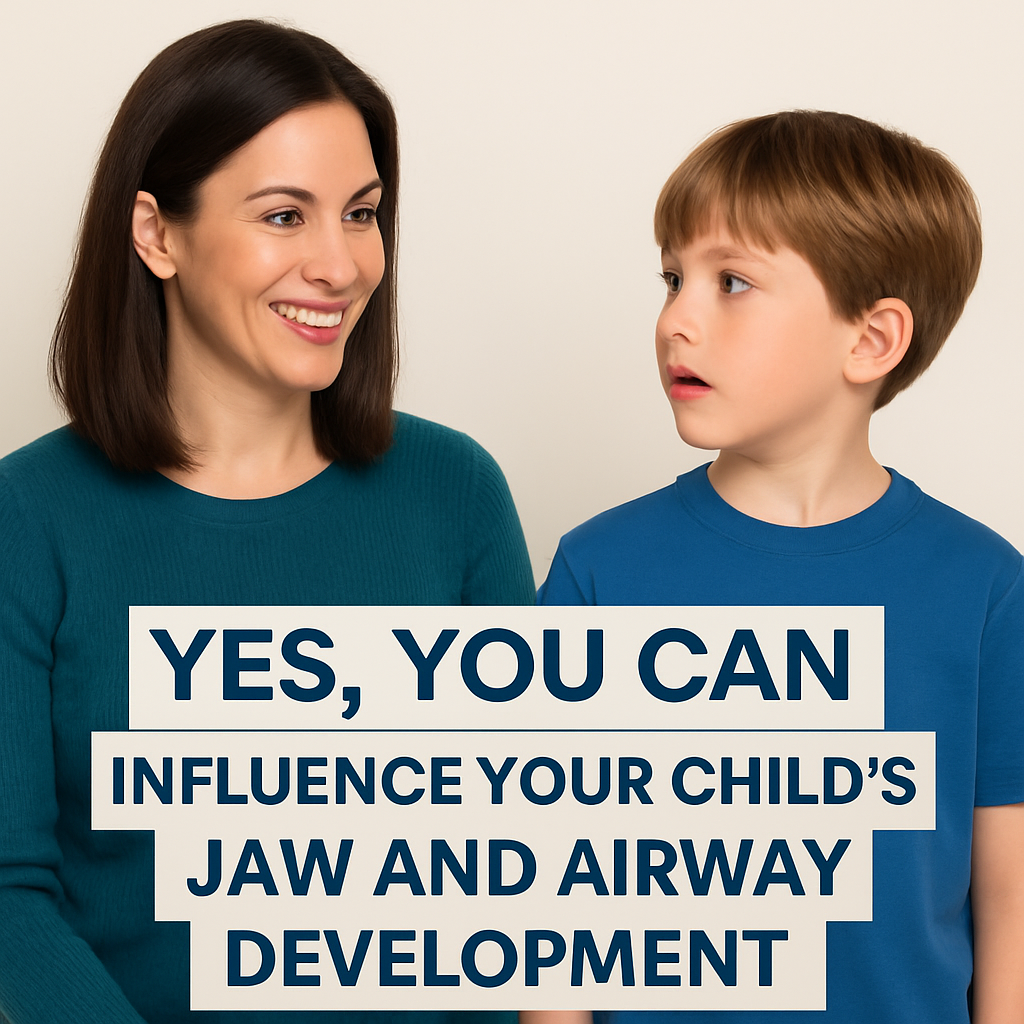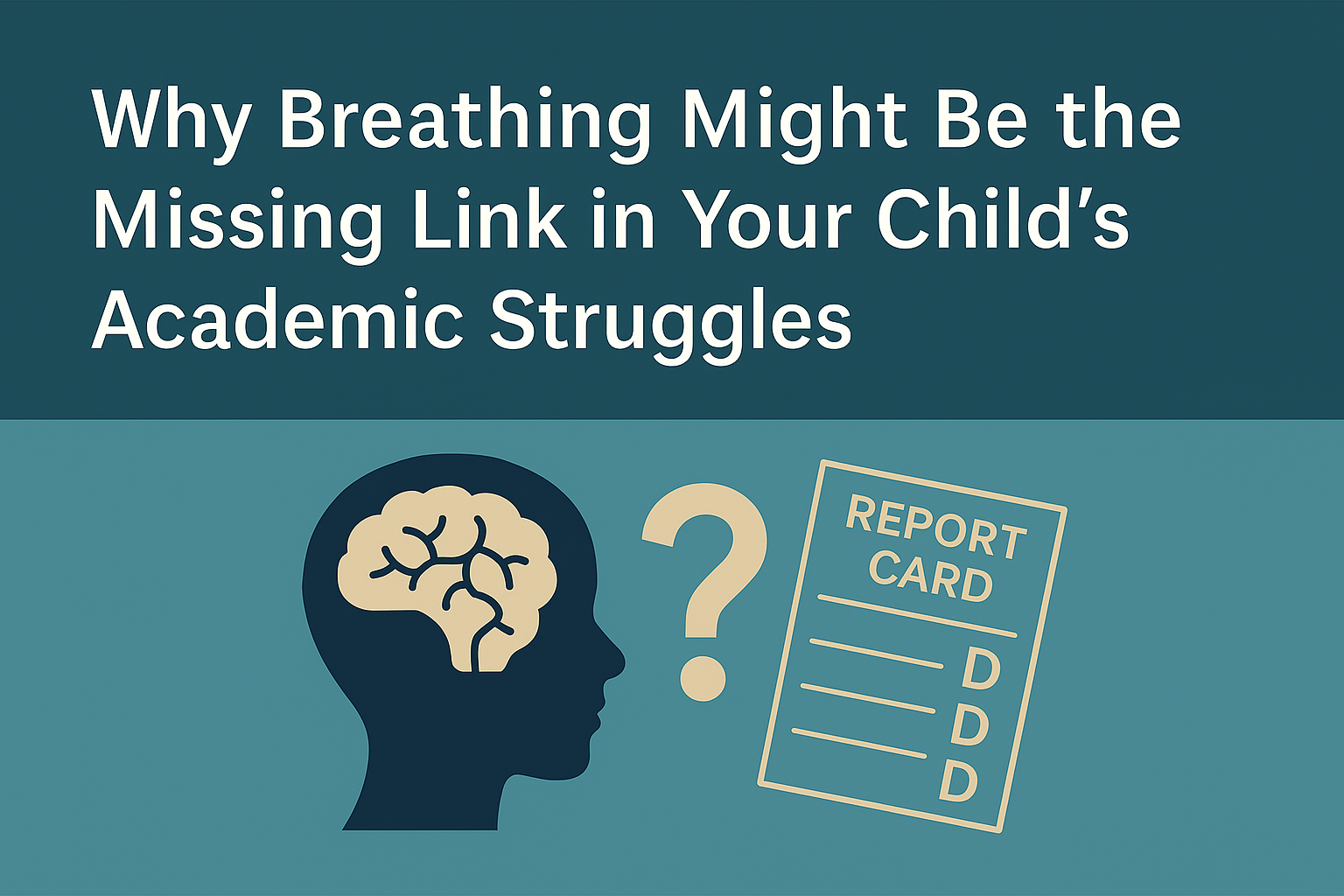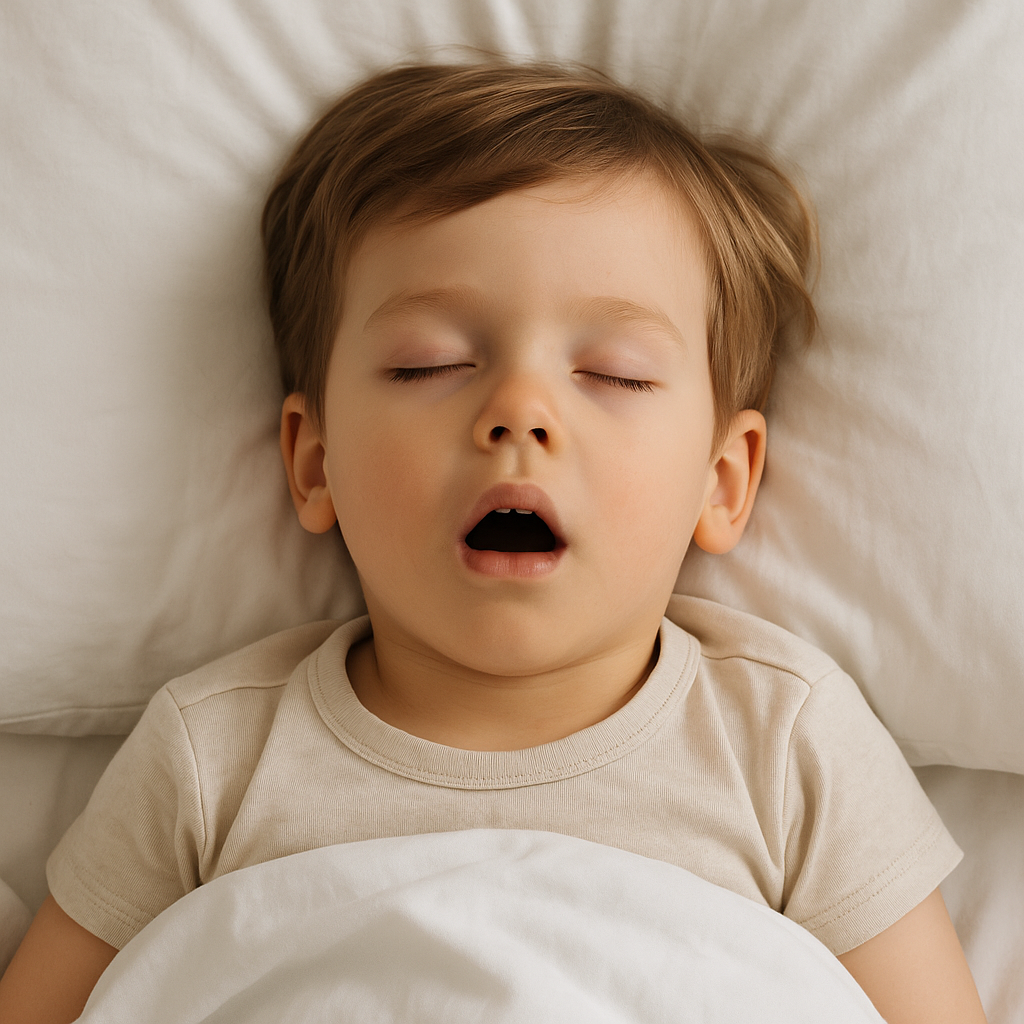The Importance of Nasal Breathing for Children's Development
Why Is Nasal Breathing So Important?
Nasal breathing is the body’s natural and most efficient way of taking in oxygen. Unlike mouth breathing, which can contribute to several developmental concerns, nasal breathing offers multiple benefits:
1. Regulates Airflow & Oxygenation
Nasal breathing filters and humidifies the air before it reaches the lungs, ensuring a steady and controlled flow of oxygen. This process supports better oxygenation, which is vital for brain function, energy levels, and overall health.
2. Supports Proper Facial & Jaw Development
Nasal breathing encourages proper tongue posture—resting on the roof of the mouth—which helps guide healthy jaw growth. Children who primarily breathe through their mouths are at risk of developing narrow palates, crowded teeth, and misaligned jaws, which can lead to the need for orthodontic interventions later in life.
3. Improves Sleep Quality
Children who breathe through their mouths often experience disrupted sleep patterns, leading to daytime fatigue, difficulty concentrating, and even behavioral issues. Nasal breathing promotes deeper, more restorative sleep by keeping the airway open and functioning properly, reducing the risk of sleep-disordered breathing conditions such as sleep apnea.
4. Enhances Cognitive Function & Focus
Proper oxygenation through nasal breathing directly impacts cognitive performance. When a child breathes through their nose, the brain receives a steady supply of oxygen, enhancing their ability to focus, learn, and regulate emotions. Studies have even suggested a link between mouth breathing and symptoms resembling ADHD in children.
5. Strengthens the Diaphragm & Improves Breathing Patterns
Nasal breathing naturally engages the diaphragm, which helps establish healthy breathing patterns. This process enhances lung function, strengthens respiratory muscles, and promotes overall cardiovascular health.
What Happens When a Child Breathes Through Their Mouth?
Mouth breathing might seem harmless, but over time, it can contribute to various health concerns, including:
- Underdeveloped jaws and facial structures
- Increased risk of cavities and gum disease (due to dry mouth)
- Sleep disturbances and snoring
- Higher likelihood of developing allergies or respiratory issues
- Poor posture and weakened airway muscles
How Can Parents Encourage Nasal Breathing?
If your child frequently breathes through their mouth, here are some steps to promote nasal breathing:
- Observe their breathing patterns: Pay attention to whether your child breathes through their nose or mouth during the day and while sleeping.
- Address nasal congestion: Chronic congestion can lead to habitual mouth breathing. Consult a doctor to rule out allergies, enlarged tonsils, or other airway obstructions.
- Encourage proper tongue posture: Teach your child to rest their tongue on the roof of their mouth, which supports healthy jaw growth and nasal breathing.
- Consider myofunctional therapy: A structured program like MyoWay’s myofunctional therapy can help retrain the muscles of the face, mouth, and throat to promote proper breathing and development.
Final Thoughts
Nasal breathing is a foundational aspect of a child’s overall health, influencing everything from their sleep quality to their facial development. By promoting proper breathing habits early, parents can help their children avoid potential complications and set them up for a healthier future. Breathing is something we do every moment of our lives, yet many parents don’t realize that how their child breathes can significantly impact their health and development. Nasal breathing, as opposed to mouth breathing, plays a critical role in a child’s growth, from jaw and airway development to cognitive function and sleep quality. Understanding why nasal breathing is essential can help parents take proactive steps to ensure their child’s long-term well-being.
At MyoWay Center for Kids, we specialize in myofunctional therapy to support proper airway and jaw development. If you suspect your child may be struggling with mouth breathing or other related concerns, contact us today to learn how we can help!
